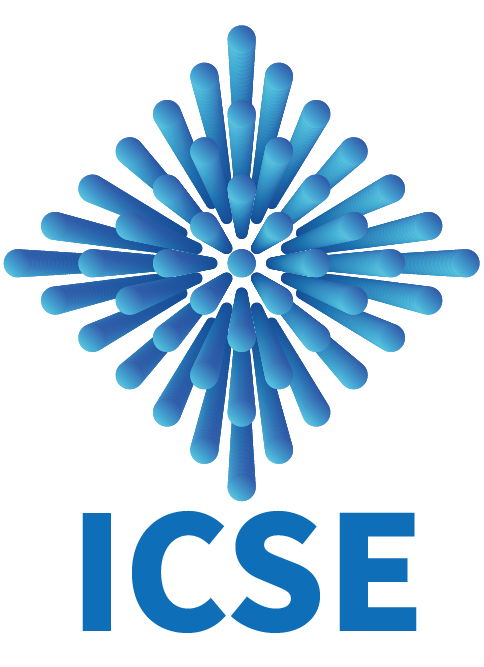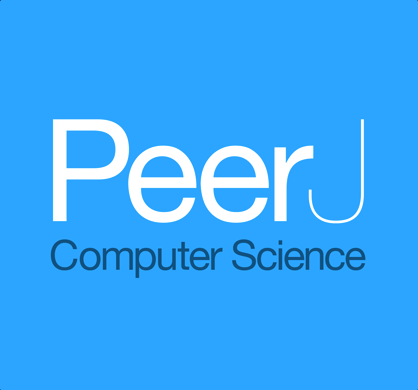

Call for Papers for the IEEE Journal of Selected Areas in Sensors, Special Section “Special Issue on Non-contact Electromagnetic Sensing”
We are pleased to share the Special Section on the IEEE Journal of Selected Areas in Sensors (E-ISSN: 2836-2071) with conference attendees. The manuscripts of good quality from this conference will be recommended for submission.
About IEEE Journal of Selected Areas in Sensors
The IEEE Journal of Selected Areas in Sensors (E-ISSN: 2836-2071) publishes papers in all areas of the field of interest of the IEEE Sensors Council, i.e., the theory, design, simulation, fabrication, manufacturing and application of devices for sensing and transducing physical, chemical, and biological phenomena, with emphasis on the electronics, physics and reliability aspects of sensors and integrated sensor-actuators.
l High Visibility: Indexed in renowned international databases such as IEEE Xplore, Ei Compendex, and Scopus.
l Rapid Publication: Manuscripts undergo peer review with an average submission-to-acceptance period of 3-4 months, and will be published online within 1 month of acceptance (data from journal officials).
l Publication Advantage: Open Access (OA) publishing, rapidly disseminating research findings, increasing the visibility and impact of papers, and potentially enhancing citation rates.
Topics of interest include, but are not limited to, the following:
Electromagnetic sensors
Optical sensors
Imaging systems
Tomography systems
Theoretical foundations of non-contact electromagnetic sensing
Modeling and simulation of non-contact electromagnetic sensing systems
Signal processing techniques for non-contact electromagnetic sensing
Deep learning applications in non-contact electromagnetic sensing
Non-invasive sensing techniques
Long-range sensing technologies
Spectroscopy applications in non-contact electromagnetic sensing
Radar-based sensing and imaging
Lidar and laser-based sensing techniques
Infrared and thermal sensing
Microwave and millimeter-wave sensing
Acoustic and ultrasonic sensing techniques
Multispectral and hyperspectral imaging
Compressive sensing and sparse signal processing
Machine learning and artificial intelligence in signal processing
Data fusion and sensor integration
Noise reduction and signal enhancement techniques
Real-time signal processing for non-contact electromagnetic sensors
Adaptive filtering and array processing
Feature extraction and pattern recognition in sensing data
Sensor calibration and validation techniques
Guest Editors:
l Shaolin Liao, 1) Adjunct Faculty, Department of Electrical and Computer Engineering, Illinois Institute of Technology (IIT) of USA; 2) Visiting Professor, Elmore Family School of Electrical and Computer Engineering, Purdue University, West Lafayette, IN USA; 3) Professor, School of Electronics Information Engineering Technology, Professor of Sun Yat-sen University (SYSU), Guangzhou, China.
l Lianlin Li, Professor, School of Electronics, Peking University, Beijing, China.
l Min Li, Professor, School of Microelectronics, Tianjin University, Tianjin, China.
l Lei Wang, Associate Professor, School of Engineering, Lancaster University, Lancaster, UK.
l Shu-Lin Chen, Lecturer, Global Big Data Technologies Centre, University of Technology Sydney, Ultimo, Australia.
l Luis Javier Gomez, Assistant Professor, Purdue University, West Lafayette, IN, USA.
Important Dates:
Deadline for Submission: April 1, 2025
Publication: August 31, 2025
Article Processing Charges (APC):
l For articles submitted in 2024: $1,995 USD
l For articles submitted in 2025: $2,075 USD
l Discount Information: IEEE members will receive a 5% discount, and IEEE society members will receive a 20% discount.
l Discounts cannot be combined.
l Discounts are not applicable to undergraduate and graduate students.
l Some institutions may offer open access funding support. Please check the list of collaborating institutions to confirm if your institution is listed.
Submission Link:
https://www.ais.cn/journal/1051
2. PeerJ Computer Science(ISSN 2376-5992)

PeerJ Computer Science(ISSN 2376-5992) is an Open Access, peer-reviewed, scholarly journal. It considers articles across the whole of Computer Science. It considers Research Articles, Literature Review Articles, and Registered Reports. It does not accept Hypothesis Papers, Commentaries, Opinion Pieces, Case Studies, Case Reports, etc.
Abstracted and indexed in:
-Science Citation Index Expanded (SCIE)
-Scopus (CiteScore)
-Directory of Open Access Journals (DOAJ)
Papers recommended by AEIC may have the opportunity to a rapid pre-review by the journal editors.
Please contact AEIC Editorial office if you have any questions. Welcome to submit your articles or/and the expanded version of conference papers to PeerJ Computer Science!
AEIC Editor Huang: 18922115477 (Wechat)
Email: 1357553551@qq.com
Note: All submitted articles should report original research results, experimental or theoretical, not previously published or under consideration for publication elsewhere. Articles submitted to the conference should meet these criteria. We firmly believe that ethical conduct is the most essential virtue of any academics. Hence, any act of plagiarism or other misconduct is totally unacceptable and cannot be tolerated. |